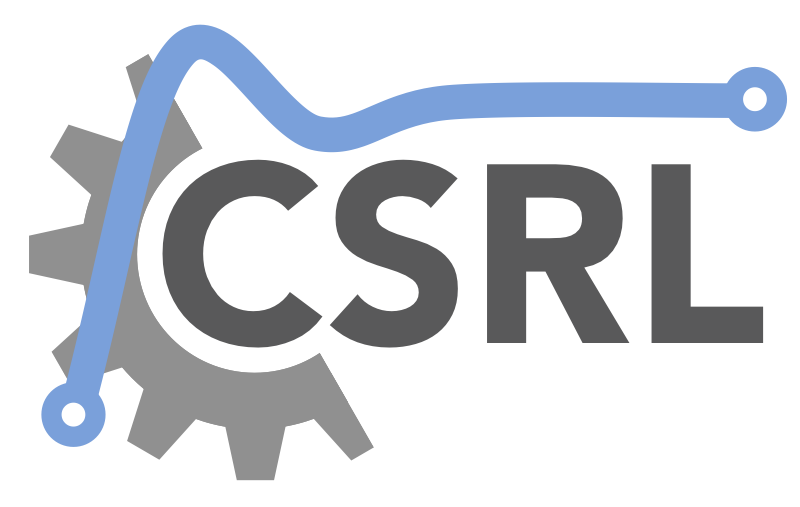Industrial Control
8th Semester
Industrial control systems are interdisciplinary systems that involve scientific disciplines such as control systems, industrial networks, sensors and electronic systems. The course is divided into two modules which study industrial control systems in both their technological and theoretical dimensions. The first section examines topics related to industrial networks, sensor networks, industrial three-state controllers, programmable logic controllers (PLCs), SCADA systems and distributed control systems (DCSs), as they find applications in industry.
The architectures of these systems are examined, their operation and applications in the field are presented. The second section is about Intelligent Controllers and theory of fuzzy control systems. Intelligent auditors use a collection of common sense heuristics as well as other types of knowledge combined with reasoning methods to draw conclusions about the control actions to impose on the audited process. Their main feature is the estimation of the relationship between the inputs and outputs of the controlled process from empirical data without reference to mathematical models of the process.
This module includes: basic principles of Fuzzy Logic, fuzzy relations, properties, operators and their composition, fuzzy linguistic descriptions, fuzzy implications, fuzzy inference and synthesis of implications. Fuzzy algorithms, fuzzy controllers, defuzzification methods, and fuzzy controller design issues are also presented. Emphasis is placed on modeling production systems and mechatronic systems.
Upon successful completion of the course, students are expected to:
- To acquire the appropriate resources to be able to face complex industrial control problems by designing and implementing technological solutions
- The understanding of the most important thematic areas of Intelligent Control and the research challenges in each of these areas
- The acquisition of knowledge about the state-of-the-art in the most important areas of Intelligent Control
- The development of skills in the use of tools (computers) to solve real problems from production systems.
Required knowledge: Control Theory and Technology, Automatic Control Systems.
